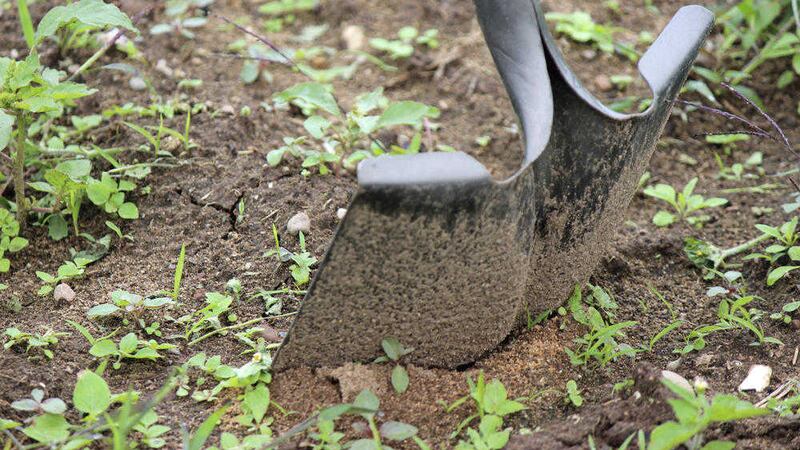THIS has got to be the worst period of gardening weather since my records began, which is about a decade-and-a-half ago.
Worse even than the big freeze of 2010-11.
It feels like it's rained every day since the clocks went back and though that may be a mild exaggeration, there's no doubt that the water in my pond is at an unprecedentedly high level and ground throughout the rest of the garden is sodden.
Had I known we were in for a prolonged period of wet weather, I would’ve used this very column to urge every vegetable gardener to cover their beds with a mulch of some description. Sheets of cardboard from flattened boxes would’ve been my favoured barrier against the rain – something to absorb both the impact and the moisture.
The cardboard would also suppress weed growth, which due to the accompanying mild weather, is more vigorous than most winters. The saturated, semi-rotted cardboard can either be incorporated into the soil or lifted and placed on your compost heap.
The problem with exposing your soil to too much rain is that it affects its consistency, texture and fertility. Flooding or walking on soil when wet will cause compaction, which makes your earth less amenable to young shoots as they seek out moisture and nutrients. Compacted soil, especially clay-based soil, dries out like a brick and will be impenetrable to roots.
Creating raised beds will help improve drainage and help retain fertility. With the earth contained in beds, the nutrients are less likely to leech or be washed away by a heavy downpour. Likewise, the millions of small granules and particles that make up your soil won’t get washed away. Another advantage to a raised bed is that you can lay a plank across it that enables you to work the earth without having to stand on it.
Even when it hasn’t been raining in any great amount, it makes sense to recondition your soil ahead of the growing season. It's recommended that you add plenty of organic material, which in turn will encourage worm activity. The addition of sharp sand and grit will help improve drainage.
There are two schools of thought for improving your soil's condition – digging and not digging, or what's known as the 'no dig' method. The latter involves mulching your beds with garden compost, well-rotted manure or even seaweed before you let nature do all the hard work. This less-labour intensive method does take a little longer, though, and means that if you undertake it now, your beds may not be ready for early spring plantings.
The impact of digging is much more immediate, though it's perhaps more important that whatever material you plan to incorporate is well balanced, between green (nitrogen) and brown (carbon). For instance, if your manure is too fresh there's a chance your vegetables will have an adverse reaction or at best develop lots of lush, tender growth that will be susceptible to attack from pests and diseases.
Digging your soil will break it up and aerate it, which relieves compaction and improves drainage. The main reason for digging, however, is to add plenty of organic matter ahead of the growing season. Pick a dry day that's not too cold and approach the task in stages, digging bits at a time – your back will thank you. Use the fork and your fingers to remove perennial weeds and big stones before you begin.
Be warned, though, once you dig over the ground it will prompt all sorts of dormant weed seeds to germinate, especially given the damp, comparatively warm weather.







